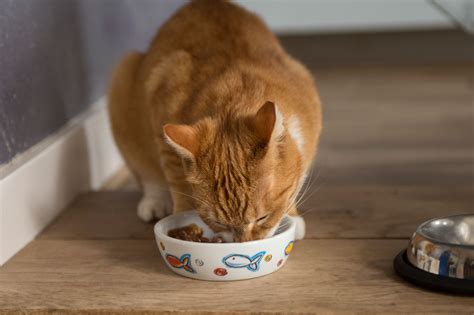Cats are obligate carnivores, meaning that their diet should primarily consist of animal-based proteins. Providing natural, whole foods is one of the best ways to ensure your cat receives the nutrition it needs to thrive. Here’s a list of the best natural foods that can benefit your feline friend:
1. High-Quality Meats (Chicken, Turkey, Beef, and Lamb)
Cats require protein to maintain strong muscles, a healthy coat, and optimal organ function. High-quality meats like chicken, turkey, beef, and lamb are excellent sources of the protein and amino acids your cat needs. When feeding your cat meat, make sure it’s cooked thoroughly, free of bones, and unseasoned to avoid harmful additives like salt or garlic.
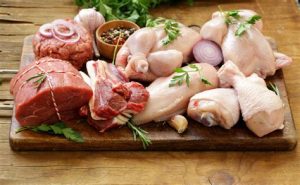
2. Fish (Salmon, Tuna, Sardines)
Fish like salmon, tuna, and sardines are rich in Omega-3 fatty acids, which promote healthy skin and a shiny coat. Omega-3s also have anti-inflammatory properties that support joint health and cognitive function. However, fish should be fed in moderation, as too much can lead to mercury accumulation or nutritional imbalances. Always ensure the fish is cooked and free of bones.
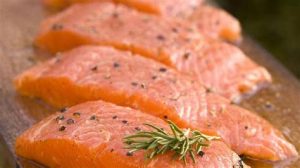
3. Eggs
Eggs are an excellent natural source of protein and essential nutrients. Rich in amino acids, vitamins, and minerals, they help promote muscle health, energy levels, and overall vitality. Eggs should be cooked thoroughly (scrambled or hard-boiled) and served without any seasoning or additives. Raw eggs should be avoided due to the risk of salmonella.
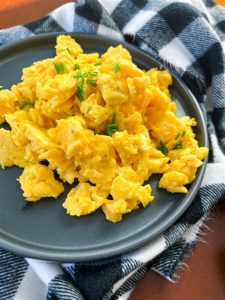
4. Organ Meats (Liver, Heart, Kidneys)
Organ meats like liver, heart, and kidneys are nutrient-dense and offer essential vitamins and minerals that support your cat’s health. Liver is particularly rich in Vitamin A, while hearts are full of taurine, an amino acid that is vital for your cat’s heart and eye health. Organ meats should be fed in moderation as they are very rich in nutrients.
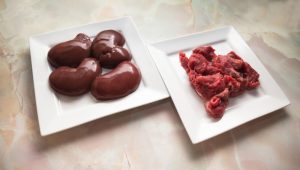
5. Bone Broth
Bone broth is a nourishing liquid made by simmering animal bones and connective tissue. It’s packed with collagen, amino acids, and minerals that support joint, skin, and digestive health. Bone broth can be a tasty treat for your cat, especially if they have a sensitive stomach or need extra hydration.
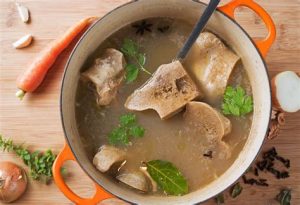
6. Pumpkin
Pumpkin is an excellent natural food for cats, especially when it comes to digestive health. It is rich in fiber, which helps regulate your cat’s bowel movements, making it great for constipation or diarrhea. It’s also loaded with vitamins A and C. When feeding pumpkin to your cat, use plain, cooked pumpkin or canned pumpkin puree—avoid spiced varieties.
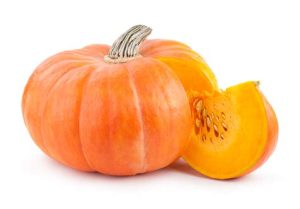
7. Carrots and Other Vegetables
While cats are obligate carnivores, small amounts of vegetables can be beneficial as part of a balanced diet. Carrots, zucchini, and peas provide fiber, antioxidants, and vitamins that support overall health. Vegetables can be steamed or finely chopped to make them easier for your cat to digest. Remember, these should only be given in small amounts and not as a primary food source.
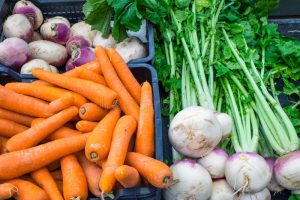
8. Cheese (in Moderation)
Cheese can be an occasional treat for some cats. It contains protein and calcium and can be a good source of energy. However, many cats are lactose intolerant, so it’s important to monitor for signs of digestive upset, such as diarrhea, after giving cheese. If your cat tolerates dairy well, a small piece of cheese can be a satisfying snack.
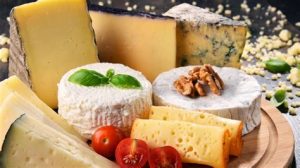
9. Blueberries
While cats are carnivores, they can occasionally enjoy small amounts of fruits like blueberries. Blueberries are rich in antioxidants, which help support the immune system and overall cellular health. Serve them fresh or frozen, but only as an occasional treat.
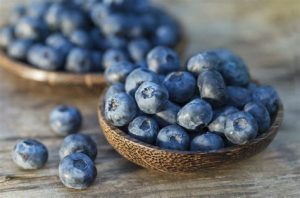
10. Coconut Oil
Coconut oil is a natural supplement that can provide a variety of benefits for your cat. It’s rich in healthy fats that can improve skin health, reduce inflammation, and promote a shiny coat. If your cat struggles with hairballs, coconut oil can help lubricate the digestive system. Start with a small amount and gradually increase the dose.
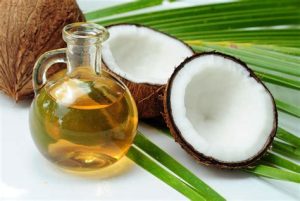
Why Choose Natural Foods?
Natural foods offer a higher nutrient density compared to commercial cat food, which often contains artificial additives, preservatives, and low-quality ingredients. Feeding your cat whole, fresh foods ensures that they are getting the vitamins, minerals, and amino acids they need to thrive.
Final Thoughts
When adding natural foods to your cat’s diet, it’s important to maintain a balanced and species-appropriate meal plan. While cats are obligate carnivores and should primarily eat meat, the addition of small amounts of fruits, vegetables, and healthy fats can help provide extra nutrients. Always consult with your veterinarian to ensure your cat’s diet is balanced, especially if you plan to introduce new foods or make significant changes to their meals.
 PAWS AND WHISKERS PET CARE
PAWS AND WHISKERS PET CARE
